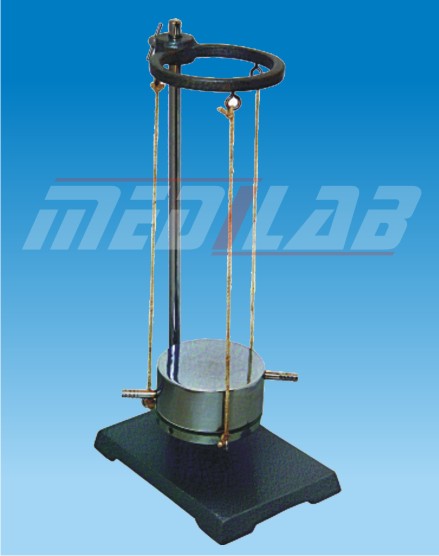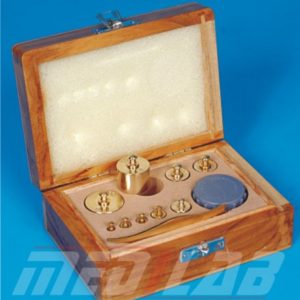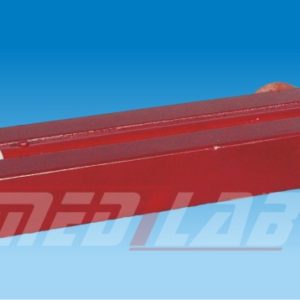Description
Lee’s Thermal Conductivity Apparatus is a laboratory instrument used to measure the thermal conductivity of materials, especially those with low thermal conductivities such as insulating materials. It consists of a cylindrical sample holder, usually made of metal, with a heating wire wrapped around it and a temperature sensor inserted into the center of the holder.
The sample material to be tested is placed inside the holder, and the heating wire is used to create a temperature gradient across the sample. The temperature difference and the heat flow through the sample are measured, and the thermal conductivity is calculated using Fourier’s Law of Heat Conduction.
Lee’s Thermal Conductivity Apparatus is widely used in materials science, engineering, and physics research to study the thermal properties of insulating materials, such as building insulation, thermal barrier coatings, and packaging materials. It is named after Keng Hsueh Lee, a Taiwanese physicist who developed the apparatus in the late 20th century.







